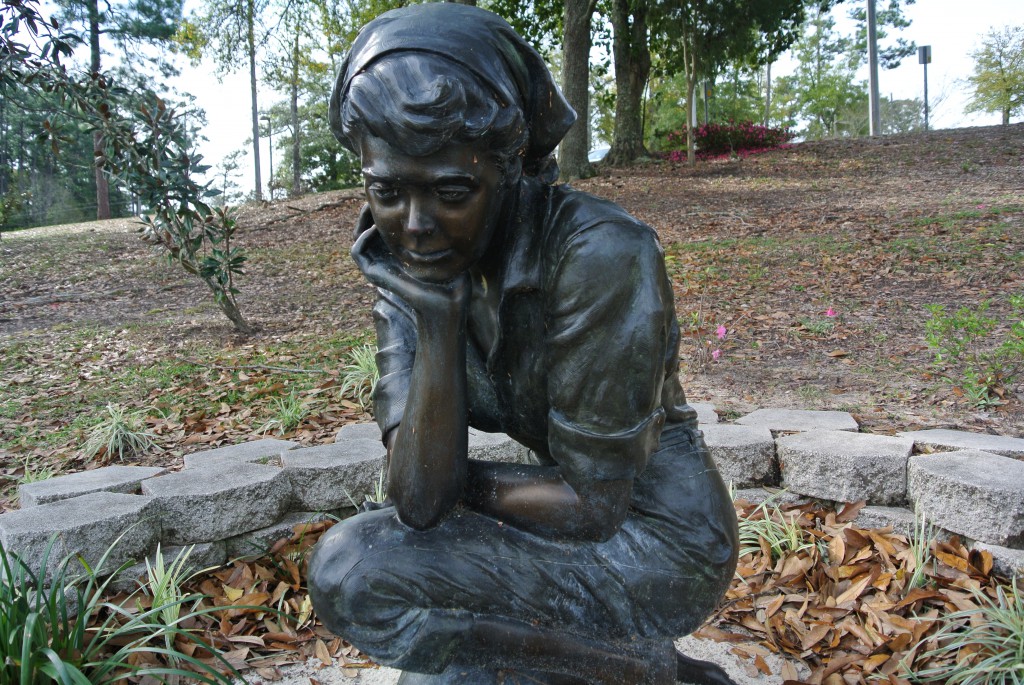
Last week I heard the doctor say…”Yes, it’s definitely a foot injury. You need to stay off it as much as possible while the inflammation and pain settle down. You will have to be patient and give it some time to heal.”
Patience?! That’s really not what I wanted to hear.
I immediately thought of some wise words a friend once told me,
“Patience is joy in the waiting.”
No long morning walks to start my day?…Patience is joy in the waiting…No wearing heels? (women can you relate…heels just make you feel like super woman!)…Patience is joy in the waiting…No striving to get my 10,000 steps a day with my Fit Bit friends?…Patience is joy in the waiting.
Patience…it’s a quiet virtue, but oh so powerful. It’s the mother pacing the floors in the middle of the night with a sick child in her arms…it’s the employee that doesn’t get irritated when yet another computer virus has slowed down his computer…it’s the pregnant woman awaiting the birth of a new child…it’s the big city commuter using a traffic jam as time to meditate…it’s the football player waiting for an injury to heal before being able to get back with his team…it’s waiting calmly in the grocery story express line when the person in front of you has way more than 10 items. Yes, patience is a quiet virtue, essential to life, and yet have you ever noticed that impatience is noisy, grabs our attention, and often leads us quickly into frustration and irritation?
There have been some interesting studies about patience. Patient people have better mental health. A 2007 study conducted by psychologists Schnitker and Emmons found that people who are patient have less negative emotions and less depression. This is attributed to the fact that they have better coping skills to deal with stress. Schnitker, in a separate study of undergraduate students, found those who were patient toward others were found to be more satisfied with their own lives and hopeful. The study found there was a link between patience and courage. Patient people make better friends and neighbors. Patient people are found to be more empathetic, more cooperative, and more forgiving. Patience can help a person achieve their goals, because patient people tend to exert more effort over a longer period of time to work on important goals. Patience and good health are linked. Patient people are found to have less stress related medical conditions.
The good thing is that studies have also found that patience is a skill that can be practiced and strengthened. Some strategies as suggested by patience research are: Change your perspective and reframe the situation. Patience and self control are linked. If you are waiting in a long line at the grocery store to buy your groceries, you could grumble and complain why the manager won’t open another checkout line, or you can instead have friendly conversation with those waiting in line with you. Practice mindfulness. Take a moment to notice when you are feeling frustrated or annoyed so that you can better respond with patience. Lastly practice gratitude. If you are feeling grateful you are better equipped to delay gratification when needed. (adapted from article “Four Reasons to Cultivate Patience” by Kira Newman)
Life is full of frustrations, disappointments and trials. Our everyday life gives us many opportunities to practice patience. Practicing patience can pave the way for a more satisfying path ahead for ourselves and for those around us.
Ok day ahead…I’m ready for you…Patience is joy in the waiting.
Have a joy-full day!



